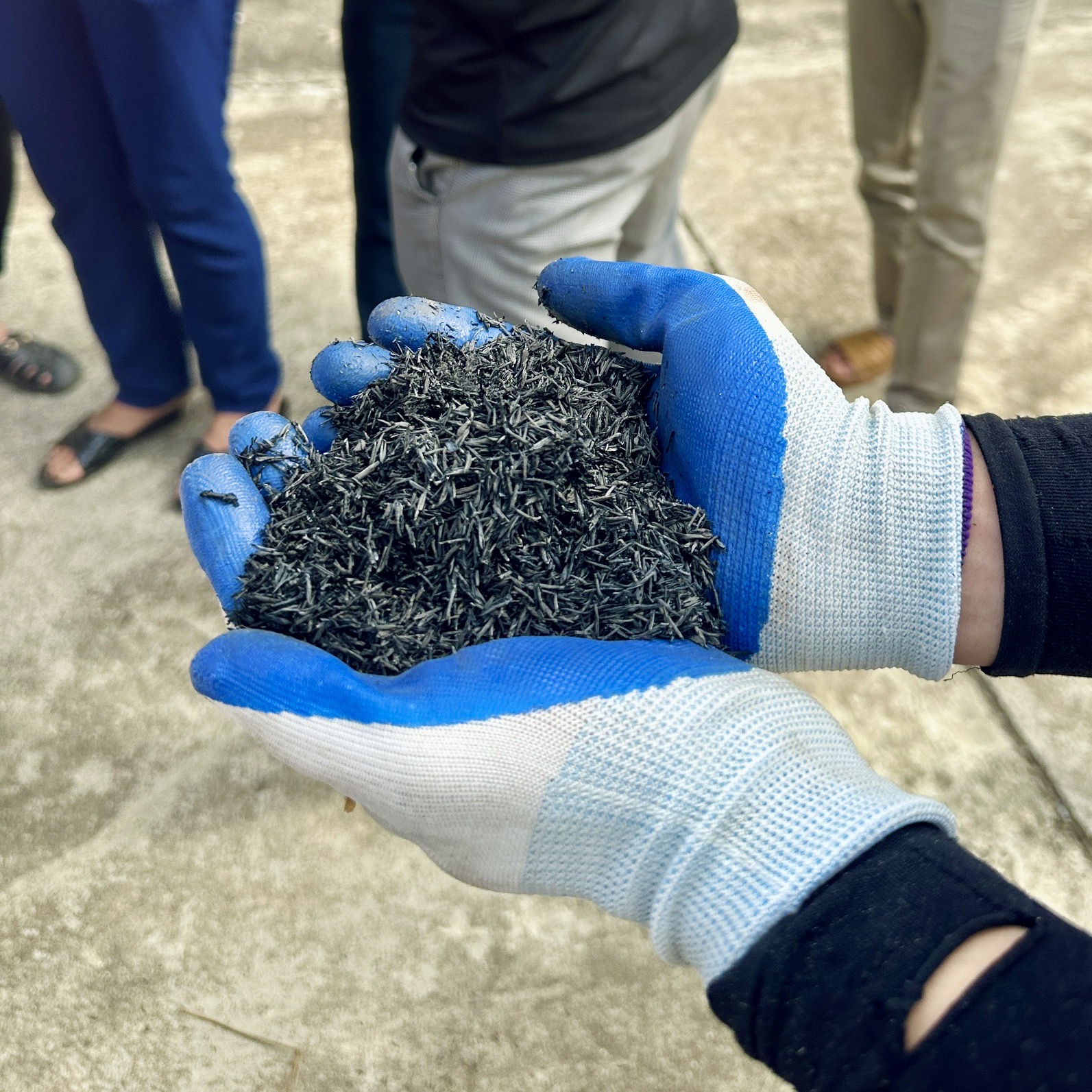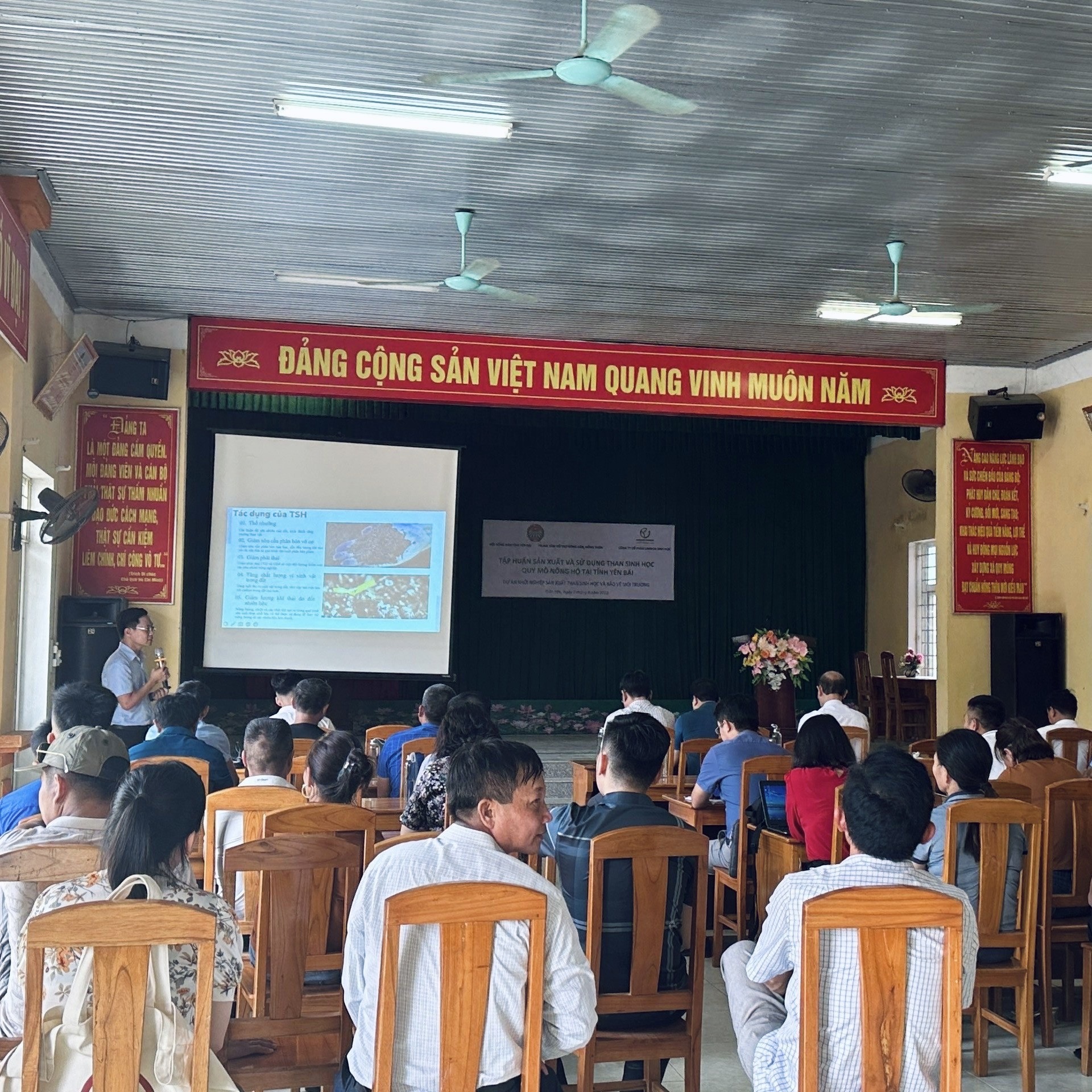In an effort to reduce poverty, improve the local environment and slow climate change, Biochar Earth helps smallholder farmers convert agricultural waste into biochar that repairs soil damage, improves crop productivity and permanently removes carbon from the atmosphere. At the same time, Biochar Earth also helps provide them an extra revenue stream to improve their livelihoods and the local community at large from selling carbon credits.
C-Sink Network

Multiple C-sink Farmers are brought together to form a C-sink Network. This network supports information exchange and cooperative efforts among farmers and local community team members engaged in biochar production.
It encourages a collective effort in contributing to carbon sequestration and environmental improvement.
Training and Monitoring
Training and control of the sustainable carbon sinks created by smallholder farmers is essential to the success of the project. Every farmer must undergo a thorough training and certification according to the Global Artisan C-Sink certification system to learn how to prepare and store feedstock, sustainably produce and apply biochar. Biochar Earth works closely with local farmers' unions and independent agencies to verify the biochar production using Global Artisan C-Sink standards supported by smartphone-based tracking technology. We have organized the activity into four main steps: biochar production, biochar receipt, biochar characteristic analysis, and biochar end use (as soil amendment, fertilizer, or bedding for livestock). At each step, relevant data, images and/or videos are recorded and uploaded to the smartphone application. Remuneration to farmers for their climate services is also recorded by us and transferred to mobile data.

By involving smallholder farmers, implementing training programs, and maintaining vigilant oversight, the project aspires to establish a sustainable and effective biochar production system that offers advantages to both the farmers and the environment.
